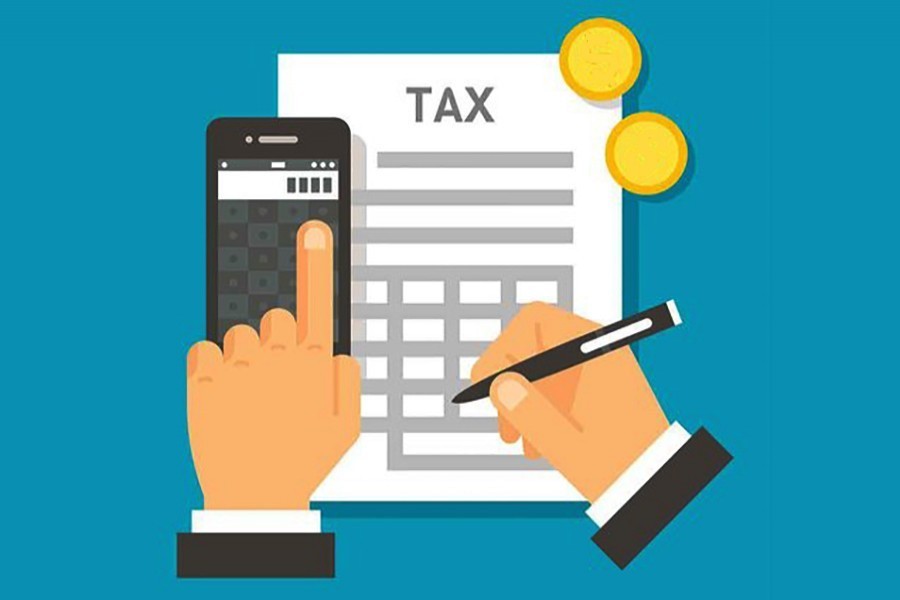
Published :
Updated :

The National Board of Revenue (NBR) has raised tax by around 100 per cent on the transfer of every 1.65 decimal (1 katha) of land and building located in commercial and other areas of most urban centres, including Dhaka and Chattogram. Indeed, a Statutory Regulatory Order (SRO) has been issued by the Board to that effect and it is now official. The direct implication of this order, of course, will be that people in general and real estate companies will be hard pressed when it comes to ownership transfer. The new regulation states that 8.0 per cent of deed value, or Tk 2,000,000, whichever is higher will be applicable as tax for land and building of certain posh and commercially important areas of Dhaka city.
NBR has probably done the calculation that most land/building registrations are done at lower than actual value. That has been an age-old practice not just in Dhaka, but all over the country. However, the revised tax rates will certainly have repercussions on the market. Registration costs vary from the highest threshold of 8.0 per cent of the deed value or Tk 2.0 million (whichever is higher) for the choicest and most valued areas that include Gulshan, Banani, etc. and the best commercial areas in Dhaka city like Motijheel, Dilkhusha, etc., and different values have been set for some areas in Dhaka and the other urban centers in Bangladesh.
Previously, the rate of tax was a flat 4.0 per cent nationwide. The new rule segregates every administrative division and basically decentralises the land registration rates according to region and land value. While on paper it makes sense, the reality of course is quite different. Even when the tax was pegged at 4.0 per cent, the bulk of the registration fees was not collected by the government because no one - neither buyer nor seller -- registered the land or building at actual transaction value. The practice had been to set the value at the lowest possible figure, thus paying the lowest possible tax. This was done in connivance with the various land registrar offices and it suited all parties at the cost of the national exchequer.
The question now is precisely how will the authorities enforce the revised tax rates? How exactly will things get better from the point of view of NBR if local authorities turn a blind eye to the unethical practice of looking the other way when property transfers take place based on fictitious values? Although it will be near impossible for property companies to sell apartments and land to prospective clients by finding loopholes in the system, the new tax regime will make it much more expensive for would-be owners to digest the added costs.
The real estate sector is already finding it difficult to abide by some provisions of the new DAP to make Dhaka a greener and more sustainable city. Now if registration costs double, especially during general economic downturn in the country, how exactly will it benefit the national exchequer if land/building transfers plummet? This gargantuan jump in registration fees needs a rethink because it will, in all probability, not have the desired effect. It will not increase revenue, but possibly have the opposite effect when both buyers and sellers may adopt a wait-and-see policy.


 For all latest news, follow The Financial Express Google News channel.
For all latest news, follow The Financial Express Google News channel.